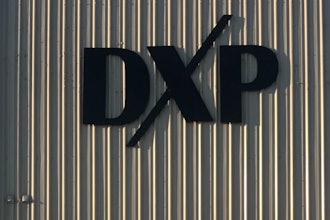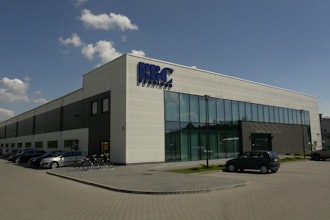
MSC Industrial Supply on Wednesday said that the first quarter of its new fiscal year exceeded its expectations despite another decline in sales and a steep drop in earnings.
The Long Island-based distributor — no. 9 on ID’s 2024 Big 50 — posted $928.5 million in sales in the quarter, down 2.7% from the $954 million reported in the same window a year ago. MSC had anticipated a Q1 decline of between 4.5% and 5.5% in its October earnings report covering a troublesome FY2024.
Income from operations, meanwhile, fell from $101.6 million to $72.3 million — a decline of nearly 29% — in the latest quarter. Net income attributable to MSC slid by nearly 33% year-over-year from $69.4 million to $46.6 million, translating to diluted earnings per share of $0.83, down from $1.22.
The company’s operating margin dropped from 10.6% in the previous Q1 down to 7.8%.
MSC President and CEO Erik Gershwind, however, said in the earnings release that the results reflected a “solid performance” in the face of a challenging environment, while Kristen Actis-Grande, the company’s CFO, noted that the quarter “exceeded our expectations.”
“During the quarter, we returned to growth in the public sector and continued expanding our solutions footprint,” Gershwind said. “While this is an encouraging start to the fiscal year, there is room for improvement, which we are addressing through the three pillars of our ‘Mission Critical’ strategy."
MSC issued sales and margin forecasts only for the current quarter rather than the full 2025 fiscal year, projecting a Q2 year-over-year sales decline of between 3% and 5% and an adjusted operating margin between 6.5% and 7.5%. Its full-year outlook included only select metrics, such as capital expenditures and tax rate.
Gershwind said the company anticipates continued soft “macro conditions” in the near-term, but that it is “bullish on our long-term growth trajectory.”
“Our self-help initiatives, such as the execution of our productivity pipeline and ‘Mission Critical’ strategy, will bolster results as the end-markets with our greatest exposure return to more normalized demand levels,” Gershwind said.






















